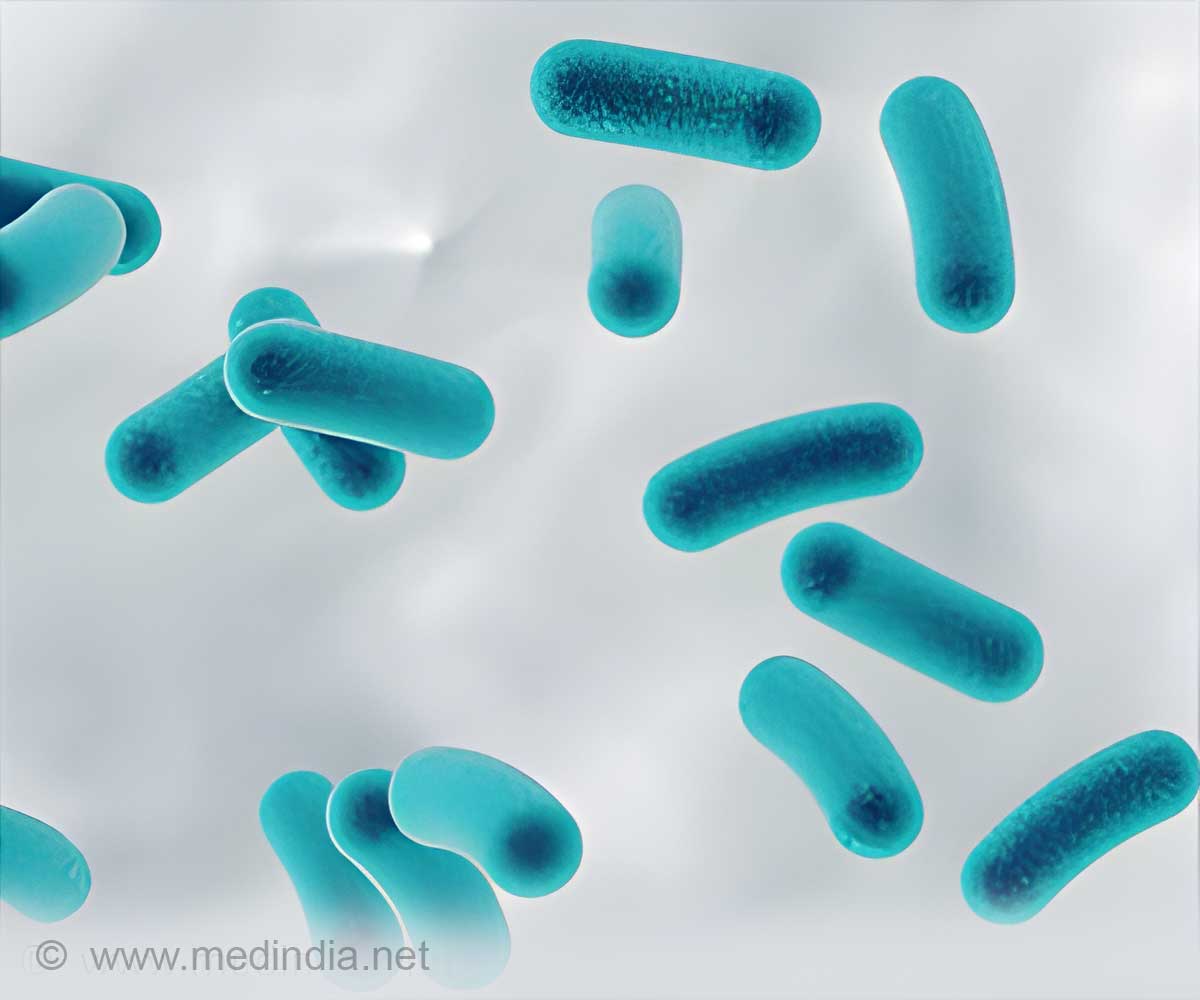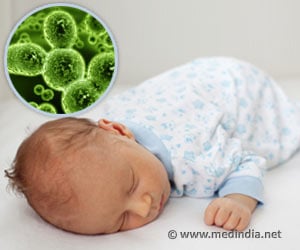A strain of bacteria that provides relief for intestinal problems, respiratory infections and skin disorders can modify the activity of other gut bacteria.

One of the most well-known microbes is Lactobacillus rhamnosus GG (LGG) and this strain of bacteria, which is part of many popular probiotic products, has a reputation as a helpful microbe. Researchers have found evidence that it can help with intestinal problems, respiratory infections and some skin disorders. Some research suggests that it may even help with weight loss.
Now, researchers at the University of Maryland School of Medicine (UM SOM) have come up with an explanation how does LGG actually produce benefits. It appears that LGG may act as a facilitator, modifying the activity of other gut bacteria.
This is the first time this mechanism has been described; the discovery could eventually help scientists create more effective strategies to foster a healthy gut.
Claire M. Fraser said that this species of bacteria has a reputation for being really useful to humans and so they wanted to better understand how it might work in the human intestine.
She and her collaborator, Dr. Patricia Hibberd at Massachusetts General Hospital, tested 12 subjects, who ingested LGG twice a day for 28 days. She analyzed gut bacteria before and after this regimen, and found that ingesting LGG led to increases in several genes that foster several species of gut bacteria, including Bacteroides, Eubacterium, Faecalibacterium, Bifidobacterium and Streptococcus.
Advertisement
The paper was published in the latest issue of the journal mBio.
Advertisement















